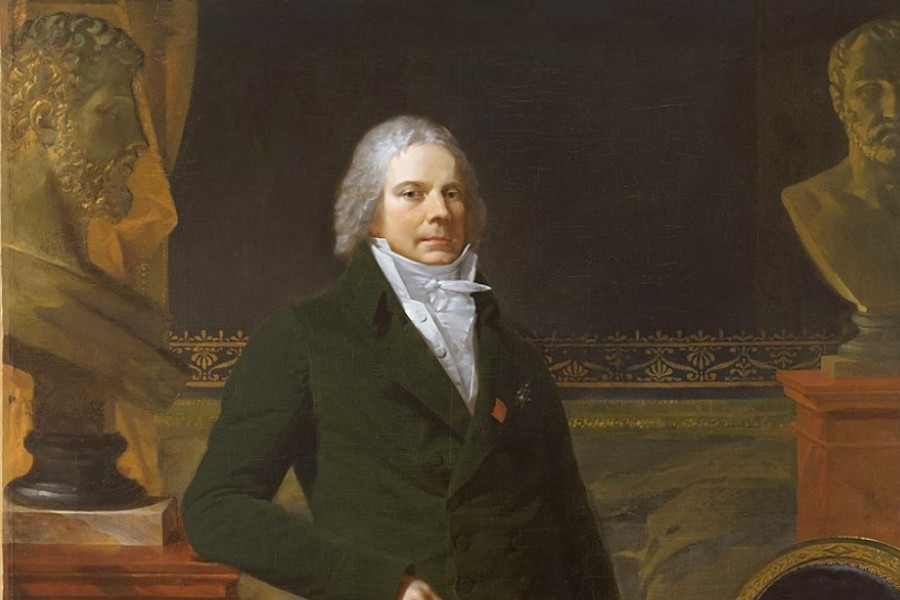
Carla LynDale Bishop has been selected as the inaugural recipient of the MIT & Black Public Media Fellowship, hosted by MIT Open Documentary Lab and sponsored by MIT Center for Art, Science & Technology.
…the semester-long fellowship marks the first collaboration between the three partners. BPM is a Harlem-based nonprofit dedicated to creating content about the global, Black experience.
Part of BPMplus — the Black Public Media (BPM) initiative focused on eliminating barriers for Black makers to help increase their participation in the world of emerging technology — the semester-long fellowship marks the first collaboration between the three partners. BPM is a Harlem-based nonprofit dedicated to creating content about the global, Black experience.
“Fellowships, incubators, residencies, and labs are important on-ramps for creatives to learn about emerging technologies, such as AI and XR, but many great programs have unintended barriers that discourage or prevent Black creatives from participating. Relocating for two weeks to a year is a typical requirement,” said Lisa Osborne, BPM’s director of emerging media. “Because of COVID-19, MIT OpenDocLab and BPM designed this fellowship to be entirely remote, a change which allowed our winner, Carla Bishop, to apply. It’s a structural tweak that I hope we can continue post-pandemic.”
“The quality of the makers who applied — from Uganda, Japan, Ethiopia, Brazil, Serbia, the UK and the U.S. — and the project ideas they submitted show that the issue is not a lack of Black tech talent, but the way that many of these programs are designed,” Osborne continued.
Bishop will use the Fellowship to develop her digital archive, Mapping Blackness, which preserves the frequently overlooked histories of small-town, Black America. Using ArcGIS StoryMaps, traditional documentary film, augmented reality, and 360 video, Bishop explores the stories of Black communities, such as Southeast Denton, Texas, and Twinsburg Heights, Ohio.
“Partnering with Black Public Media on this fellowship has been key. It’s been so instructive in helping us to understand some of the real barriers to entry for Black creatives and thinking of ways to reconstruct our fellowship program to increase their applications and their participation,” says Sarah Wolozin, director of MIT OpenDocLab. “The result speaks for itself. Carla Bishop’s project brings to light histories that could have been forgotten and lost using innovative approaches that speak to today’s youth. That’s exactly the kind of project that we want to support. We also could not have offered this fellowship without the support of MIT CAST. The three-way partnership is what made it work.”
Bishop is an assistant professor of digital storytelling and distribution at the University of Oklahoma-Norman. Her work as a filmmaker focuses on telling the stories of overlooked Black communities while building bridges between older and younger people. She regularly recruits student filmmakers and young, community residents to help interview and record the stories of older residents in the communities she studies.
“With Mapping Blackness, my goal is to really honor Black communities and shine a spotlight on the everyday people who helped build them,”
“With Mapping Blackness, my goal is to really honor Black communities and shine a spotlight on the everyday people who helped build them,” Bishop said. “I want to celebrate them, highlight their impact, and make it possible for their relatives and people around the world to share in their stories and experience these neighborhoods.”
MIT CAST also provided a generous, unrestricted grant of $7,500, atypical for such programs. Bishop will use the grant to do R&D on tech platforms for Mapping Blackness, as well as create pitch materials to help her raise long-term funding for the project.
“CAST is delighted to join forces with Black Public Media and Open Documentary Lab to bring rising talent in Black media production to MIT. Carla Bishop brings a distinctive voice to the extraordinary community of fellows that OpenDocLab brings together each year,” said Leila Kinney, MIT executive director of arts initiatives and CAST.
To learn more about the fellowship and other BPM programs and initiatives, visit www.blackpublicmedia.org or follow the hashtag, #bpmplus, on social media. Black Public Media is @blackpublicmedia on Instagram and Facebook and @BLKPublicMedia on Twitter.
Black Public Media (BPM), is committed to enriching our democracy by educating, enlightening, empowering and engaging the American public. The nonprofit supports diverse voices by developing, producing, and distributing innovative media about the Black experience and by investing in visionary content makers.
BPM provides quality content for public media outlets, including, among others, PBS and PBS.org and BlackPublicMedia.org, as well as other platforms, while training and mentoring the next generation of Black filmmakers.
Founded in 1979, BPM produces the AfroPoP: The Ultimate Cultural Exchange documentary series and manages the 360 Incubator+, a funding, and training initiative designed to accelerate the production of important Black serial and interactive content.
The mission of BPMplus is to lower and eliminate barriers to entry for Black storytellers and increase their participation in extended reality and other emerging tech industries.
Drawing on MIT’s legacy of media innovation and its deep commitment to open and accessible information, the MIT Open Documentary Lab brings storytellers, technologists, and scholars together to explore new documentary forms with a particular focus on collaborative, interactive, and immersive storytelling. OpenDocLab is based in Cambridge, Massachusetts.
A major cross-school initiative, the MIT Center for Art, Science & Technology (CAST) creates new opportunities for art, science, and technology to thrive as interrelated, mutually informing modes of exploration, knowledge, and discovery. CAST’s multidisciplinary platform presents performing and visual arts programs, supports research projects for artists working with science and engineering labs and sponsors symposia, classes, workshops, design studios, lectures, and publications.
The visiting artist’s program is a cornerstone of CAST’s activities, which encourages cross-fertilization among disciplines and intensive interaction with MIT’s faculty, students, and researchers. CAST is based in Cambridge, Massachusetts.
Photo credit: L.A. Bishop.
Become a Harlem Insider!
By submitting this form, you are consenting to receive marketing emails from: . You can revoke your consent to receive emails at any time by using the SafeUnsubscribe® link, found at the bottom of every email. Emails are serviced by Constant Contact








